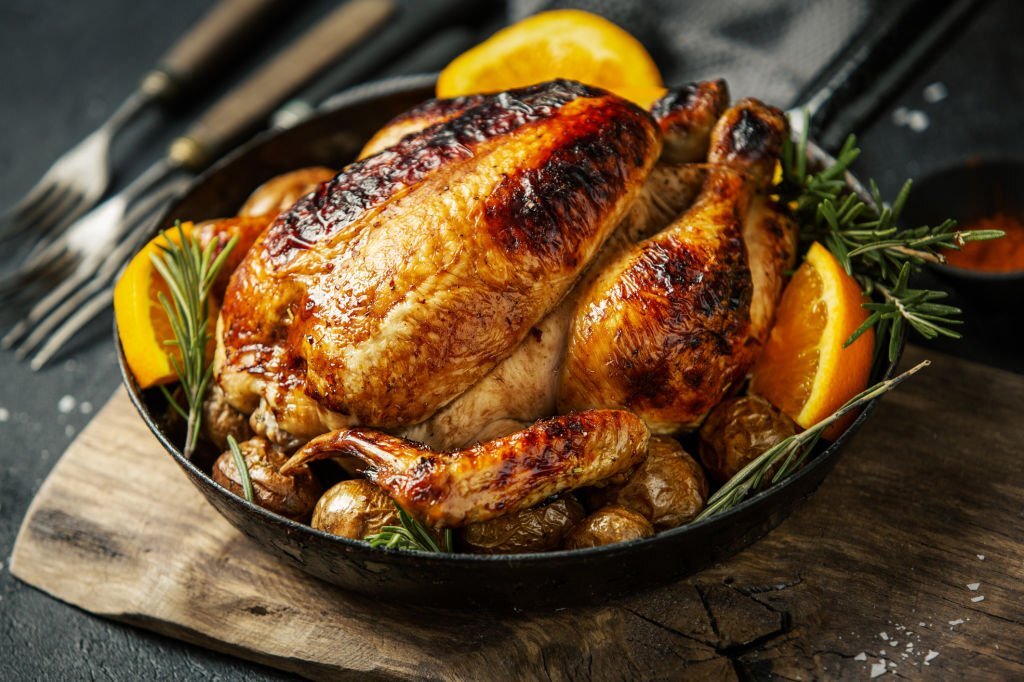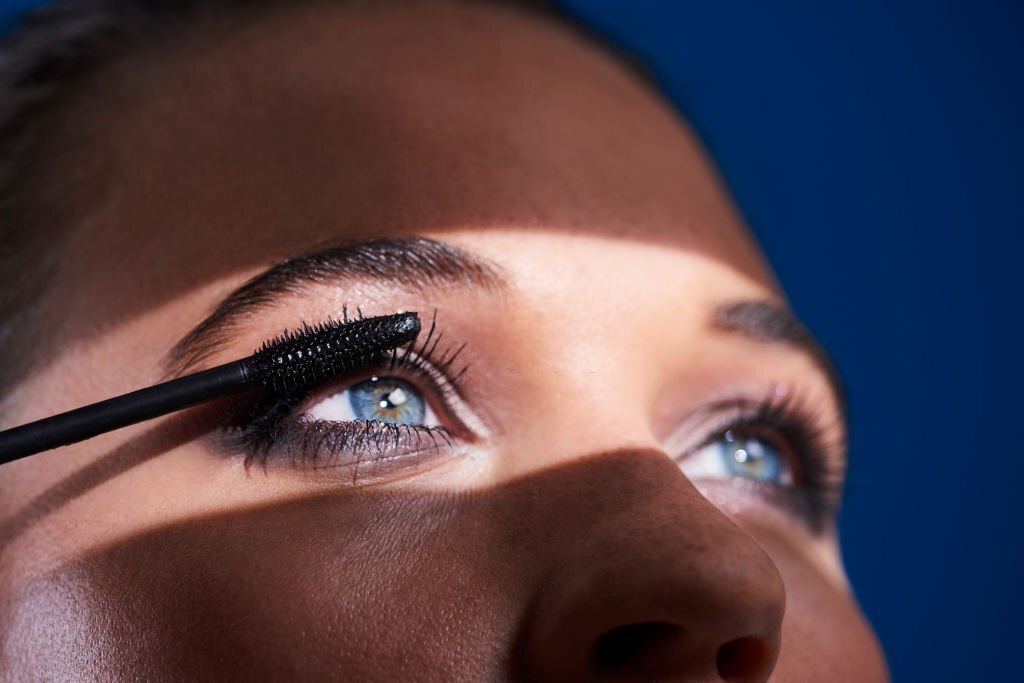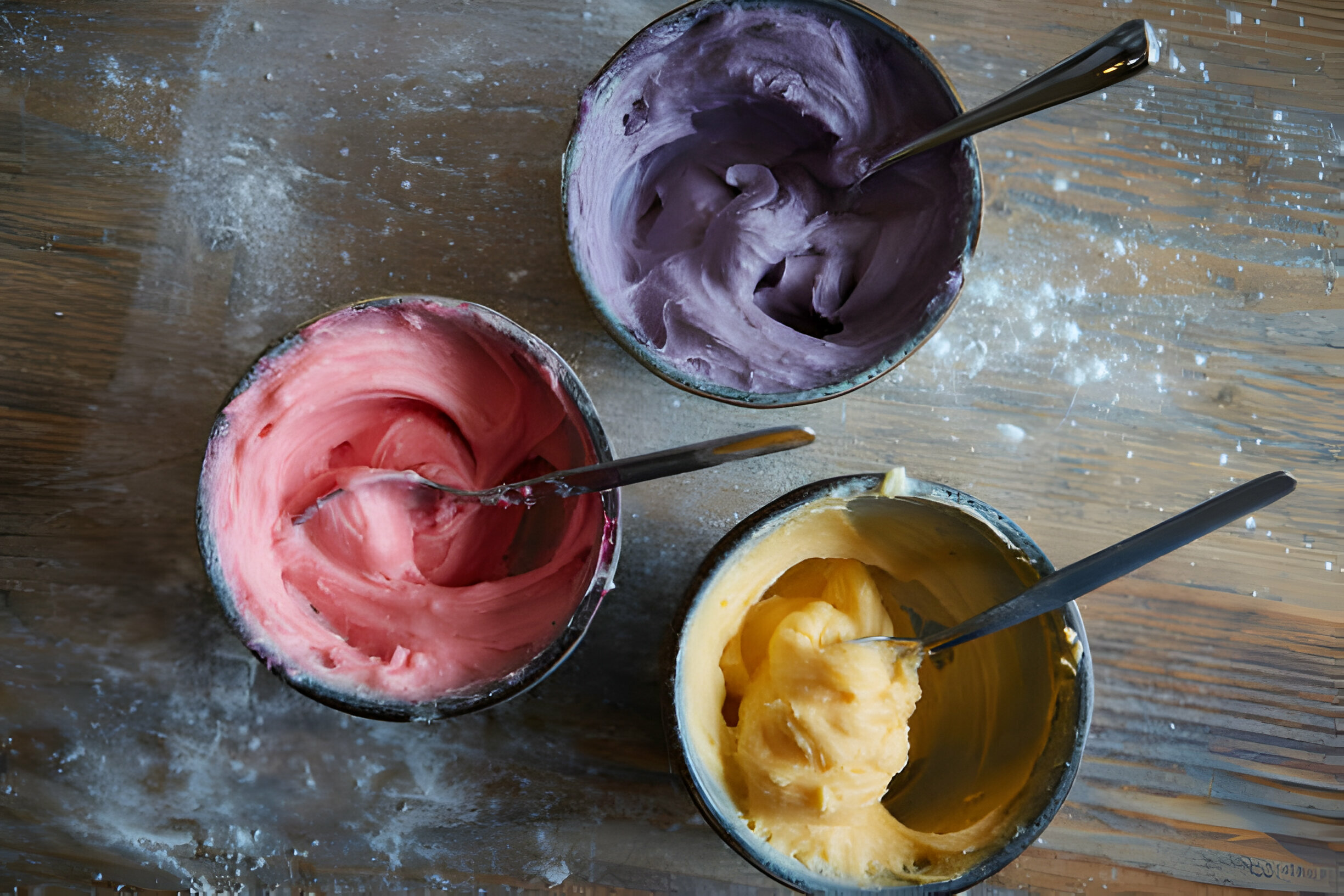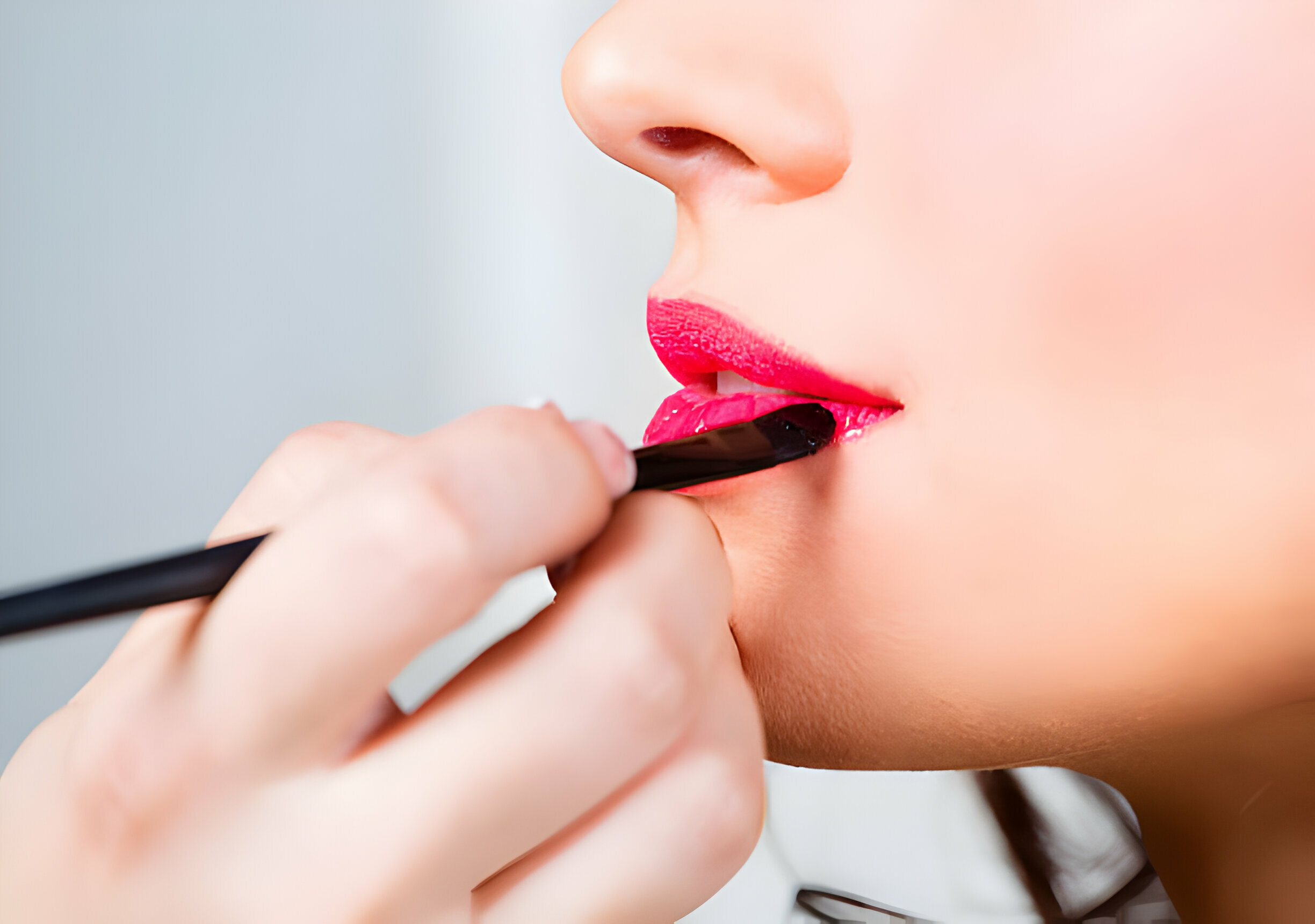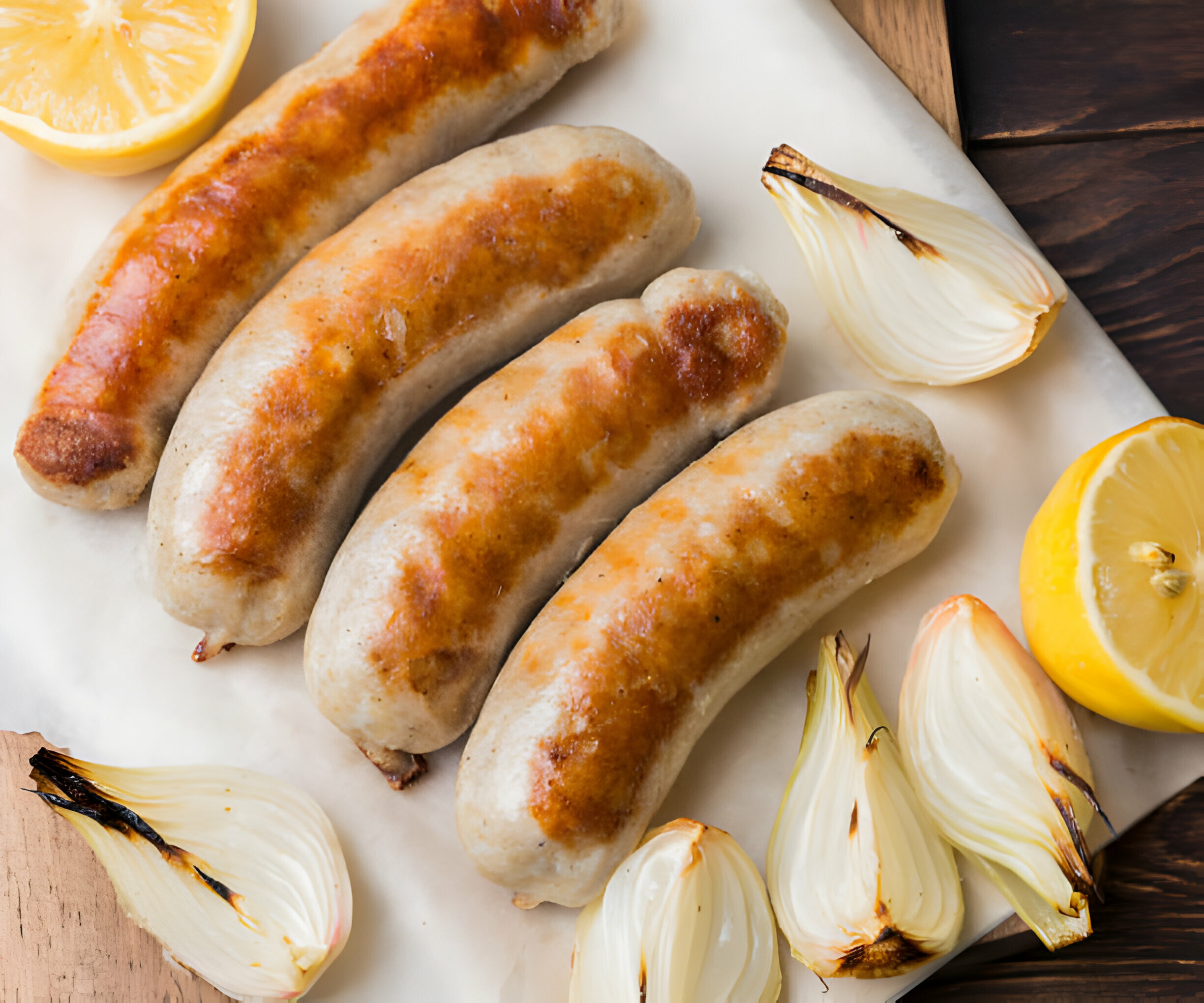Does Chai Tea Have Caffeine?
Have you ever looked at your chai tea cup and wondered: Does Chai Tea Have Caffeine? Well if Yes, this article is definitely for you. Chai tea has a rich ancient history. It has been cherished for its soothing aroma and comforting warmth across the globe for years. Originating from India, thousands of years ago, chai tea offers a perfect blend of spices, presenting a delightful image of pure Indian culture. The word “chai” simply means “tea” in Hindi and other related languages.
Traditional chai tea is made by brewing black tea with a blend of aromatic Indian spices most commonly cardamom, cinnamon, cloves, ginger, and black pepper which imparts the tea its true flavors. The origin of this spiced tea blend stretches back to Ayurveda (an ancient Indian system of holistic medicine). The combination of spices and black tea was valued for its warming, energizing, and health-promoting properties. At first, the chai was traditionally prepared and consumed at home throughout India. Gradually, it became an integral part of their culture and daily life.
This beloved beverage now we known as “chai tea” didn’t came into form until the arrival of the British in India during the 1800s. The British altered the native spiced tea recipe by adding milk and sweetener, making it more palatable to their taste. Under British rule, this new chai masala style spread rapidly throughout India and people liked it alot. In a few years, it became popular globally by immigrants from South Asia.
In recent decades, chai tea has gained immense popularity worldwide. It is due to its complex flavors blend and versatility as both a soothing hot drink and a milk-based tea latte which make it appealing to diverse palates. Independent chai brands and mass-market coffee shops have brought their own creative spins to chai, fueling its growing following. While tastes and recipes can vary a bit in different regions, a cup of authentic chai still pays homage to its rich origins.
Caffeine Content in Chai Tea
Chai tea contains a moderate amount of caffeine, typically ranging from 25-75 mg per 8 ounce cup which is pretty safe for the body. The caffeine in chai comes primarily from black tea which forms the base of most chai tea blends.
However, the exact amount of caffeine in chai can vary considerably depending on several factors:
- Tea type: Unlike herbal and green tea, black tea has the highest caffeine content. It is because using a black tea base results in a higher caffeine chai.
- Brewing method: Brewing method influences the caffeine content of the chai tea. The longer chai tea steeps, the more caffeine will be extracted from the tea leaves into the water. Ultimately, a strong brew equals more caffeine.
- Milk and spices: Added dairy like milk or cream dilutes the concentration of caffeine per cup. Also, the spices do not contain caffeine themselves but may enhance the flavor and seeming strength.
- Tea blend: Caffeine content in chai tea varies greatly depending on the tea blend you use. The specific amount of tea used per cup and any other caffeinated ingredients like yerba mate or guarana can increase overall caffeine levels.
- Individual sensitivity: Individual sensitivity plays a significant role. People metabolize and respond to caffeine differently based on several factors such as weight, medication use, and genetics resulting in varied effects.
So while chai tea has less caffeine than coffee, amounts can increase quickly with large or multiple servings. Understanding the caffeine content per cup is mainly important for the individuals who are mindful of their caffeine intakes.
Chai Tea vs. Coffee Caffeine
Unlike coffee, chai tea contains significantly less caffeine. The average 8 oz cup of coffee contains around 95-200 mg of caffeine. Whereas on the other hand, a typical 8 oz cup of chai tea contains 25-75 mg of caffeine. As explained earlier, the main source of caffeine in chai is the black tea used in the blend. But chai contains a number of other ingredients like spices, milk, and sweeteners that dilute the overall caffeine content.
Although chai has less caffeine, some people find it provides a more steadier energy boost compared to coffee’s quick jolt. The combination of tea caffeine plus energizing spices like cardamom, ginger, and black pepper creates a sustained energy release while offering the taste buds a delightful balance of flavors.
The lower caffeine levels make chai tea an appealing alternative for those looking to reduce their overall caffeine intake or the individuals who are sensitive to caffeine’s effects. Also, chai delivers a nice and tantalizing pick-me-up without the same crash or agitation associated with coffee for some people.
Chai Tea vs. Other Teas
If we compare the caffeine contents of different tea types, Chai tea is more caffeinated than herbal teas which are naturally caffeine-free. Herbal teas like chamomile, peppermint, and hibiscus contain 0mg caffeine per 8oz serving.
However, chai tea contains less caffeine than straight black tea. On average, black tea has around 50mg caffeine per 8oz serving as compared to 25-75mg per serving of chai. This comparison puts chai tea in the moderate caffeine range. While chai provides a boost of energy and focus, but not like the higher levels of brewed black tea. The addition of warming spices and milk in chai tea helps create a more mellow, steady caffeine effect.
Chai delivers a compromise between strongly caffeinated black tea and completely caffeine-free herbal teas. It provides a moderate lift without being overpowering. The caffeine levels are enough to boost energy, but not so high as to cause jitters or overstimulation. For many individuals having caffeine related problems, it’s the ideal solution.
Effects of Caffeine in Chai Tea
Chai tea contains enough caffeine to provide a nice energizing feel to start your day but that range is not too high to cause anxiety or agitation in most people. The typical 8oz cup of chai has 25-75mg of caffeine that produces alertness and focus without having negative side effects on health. For those with caffeine sensitivity, chai can be a better alternative to coffee since the caffeine effect is more steady and gradual. The spices and milk in chai help prevent the rapid caffeine spike in the body and crash some experience from coffee. This makes chai a safe and healthy beverage choice for many who need to monitor their caffeine intake.
In moderation, a cup or two of chai per day can provide a pleasant energy lift without side effects like insomnia, headaches, or anxiety which are commonly associated with excessive caffeine consumption. Chai delivers a gentle caffeine experience that offers stimulation but not overstimulation. So, you can take a cup or two without experiencing any adverse effects.
Regulating Caffeine in Chai
The caffeine content in chai tea can vary greatly depending on the brewing method, ingredients added, and tea used as the base. Here are some tips for controlling caffeine levels:
Brewing Methods
- Steeping time: Try to steep for less time because when your chai tea is steeped for longer, more and more caffeine will be extracted from the tea leaves into the water. That’s why, steeping for less time will help to reduce caffeine.
- Water temperature: Maintain water temperature to control the caffeine. Hotter water will extract more caffeine than colder water. Therefore, use water just under boiling to minimize caffeine.
- Quantity: Brewing more tea leaves or more servings of chai will increase total caffeine content. Either brew less tea or make smaller servings to reduce caffeine.
Added Ingredients
- Milk: Pouring dairy ingredients like cream or milk to chai tea can reduce the overall caffeine concentration. The proteins in milk may also bind to some caffeine molecules.
- Spices: Spices can affect the caffeine content of chai tea. They themselves do not contain caffeine. However when you add some spices such as ginger, cinnamon, and cloves, it may slightly boost the effects of caffeine.
- Sweeteners: Adding sugars and sweeteners to chai tea do not directly impact its caffeine but can complement the flavor.
Tea Type
- Black tea: Chai made with black tea as the base will be highest in caffeine. Black tea naturally has more caffeine than other true teas because of the oxidation of leaves which gives the tea its characteristic bold and sharp flavors.
- Green tea: Green tea has moderate caffeine levels which is pretty less than black tea. Green tea leaves are not oxidized so ultimately chai will have less caffeine.
- Herbal tea: Herbal chai made with rooibos or other herbal teas will have no caffeine since herbal teas contain herbs and they do not come directly from the tea plant. Therefore, their caffeine content is zero.
So in summary, factors like shorter steeping times, cooler water, less tea, added milk, and avoiding black tea can all help reduce the caffeine content when drinking chai tea.
Choosing Low-Caffeine Chai
For those looking to reduce their caffeine intake from chai tea, there are several lower caffeine options to consider:
Rooibos Chai
Rooibos tea is naturally caffeine-free that makes it a great base for chai blends. Rooibos chai has the same warming spices like cinnamon, ginger, and cardamom but without the caffeine kick of black tea. The earthy, nutty flavor of rooibos combines nicely with chai spices. This allows you to enjoy the chai experience any time of day without worrying about your caffeine intake.
Decaffeinated Chai
Decaffeinated versions of chai made with black tea are easy to find and a nice option for caffeine sensitive individuals. These go through a process to remove most of the caffeine while still retaining the rich flavor of black tea. You can look for decaf chai blends to enjoy the full chai flavor without excess caffeine.
Herbal Chai Blends
Some herbal chai teas blend caffeine-free herbs like chamomile, peppermint, hibiscus, and rosehips with traditional chai spices. The addition of herbs gives the chai a more complex, bold and rounded flavor profile. This allows you to get the spice mix of chai without having caffeine boost. Herbal chais are naturally decaffeinated and a fantastic choice for evenings or caffeine sensitivity.
So if you want to avoid caffeine but still enjoy chai flavor, try a rooibos, decaffeinated, or herbal chai blend. This allows you to experience chai’s cozy flavors while controlling your caffeine intake.
Too Much Caffeine in Chai
While chai tea contains less caffeine than coffee, it’s still possible to go overboard and experience some negative effects of too much caffeine. Some signs of overcaffeination from chai include:
- Jitters, shakiness
- Anxiety, nervousness
- Increased heart rate and blood pressure
- Trouble sleeping
- Upset stomach
- Headaches
According to the FDA recommendations, caffeine intake for healthy adults is limited to 400mg per day. For teens and children, 100mg per day is the recommended max.
Pregnant women should cap their intake at 200mg daily. Those with heart conditions or anxiety disorders should moderate their chai tea consumption.
If you’re noticing any of the overcaffeination symptoms above, try limiting your chai tea intake to 1-2 cups per day. Opting for decaf chai or herbal chai can help reduce overall caffeine exposure as well. Drinking chai slowly, staying hydrated, and not having it late in the day are other ways to enjoy chai tea without going overboard on caffeine.
Benefits Beyond Caffeine
While the caffeine content of chai tea is a major draw for many drinkers, chai has numerous other health and flavor benefits to offer beyond its boosting qualities.
Chai tea is made with black tea base which is packed with antioxidants making it beneficial for both skin and gut health. The spices used in traditional masala chai recipes are beneficial too. The combination of ginger, cardamom, cinnamon, clove, and black pepper provides a powerhouse of antioxidants that can help fight inflammation and oxidative stress. The potent blend of spices in chai delivers a unique antioxidant profile that sets it apart from plain black tea.
Chai also harnesses the herbal power of many of its signature ingredients. Ginger is known for its ability to aid digestion and soothe upset stomachs. Also, it is good for skin. Black pepper can help boost absorption of the other nutrients in chai. Cardamom has been used traditionally to freshen breath. These are just a few examples of the herbal benefits contained in a warm, spiced cup of chai.
Lastly, chai tea simply tastes amazing. The complex blend of spices and black tea produces a robust, comforting flavor and a cozy feeling that makes chai a beloved beverage worldwide. Sipped slowly and savored, a proper cup of chai is a multi-sensory and soothing experience. The combination of rich flavors delight both the taste buds and senses in such a way that coffee and other teas can’t match.
Key Takeaways
Chai tea contains 25-75mg of caffeine per 8oz cup that is much less than coffee but more than herbal teas. The caffeine comes mainly from the black tea used in chai. Caffeine levels can vary based on specific ingredients and brewing methods.
The moderate caffeine content in chai provides an activeness without being overstimulating. Chai can be a good option for those sensitive to caffeine when consumed in moderation.
To regulate caffeine intake from chai, adjust the brewing time and amount of tea used. Adding milk and spices can also cut down on the caffeine effect. Choosing a chai blend with green or herbal tea rather than black tea will further reduce caffeine levels.
Besides the caffeine boost, chai offers multiple health benefits. The combination of black tea and spices like ginger, cardamom, cinnamon, and clove provide antioxidants and have anti-inflammatory effects. Drinking masala chai has also been associated with improved digestion, heart health, immune function, and more.
Moderating caffeine while enjoying these other benefits makes chai tea a smart as well as a healthy beverage choice.
Claire Lower
Claire is LiveandFeel Senior Food Editor. She has a BS in chemistry, a decade of food journalism experience, and a deep love for mayonnaise and MSG. As a Senior Food & Beverage Writer for liveandfeel, where I generate exciting content covering topics such as culinary trends, recipes, and perhaps even health and wellness aspects related to food. that not only informs but also captivates a sizable audience.


